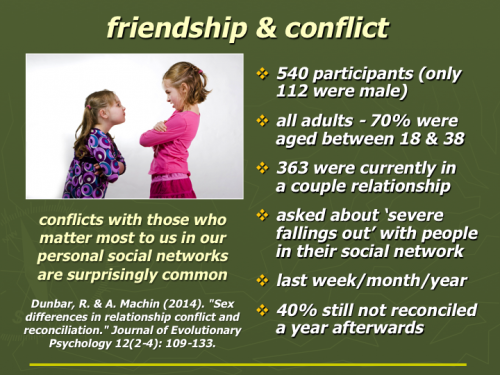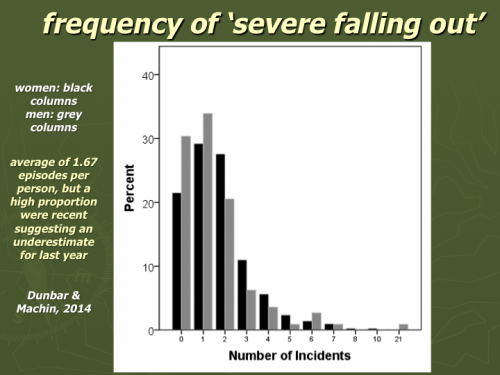Psychotherapy with couples & other close relationships
Last updated on 29th January 2019
Over the next two days I'm due to run a two day training workshop in Glasgow on "Psychotherapy with couples & other close relationships". Here are the downloadable slides for the first day on "Working with couples" (sadly with the cartoons removed for copyright reasons) and here the slides for the second day on "Close relationships". There are lots of relevant handouts - here are the details.


